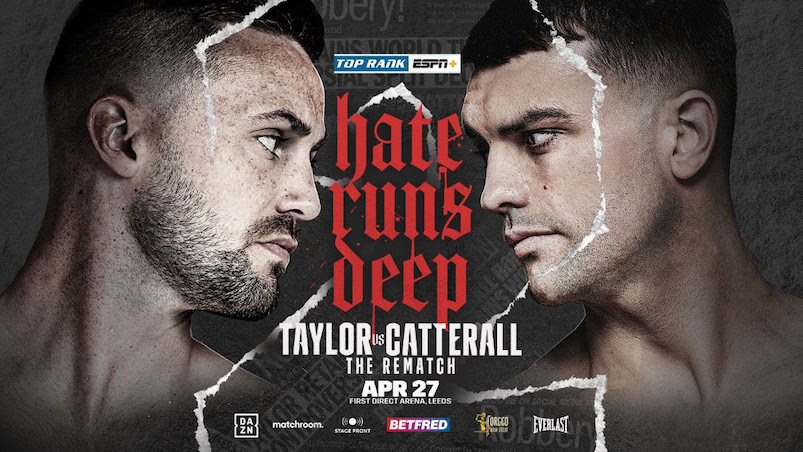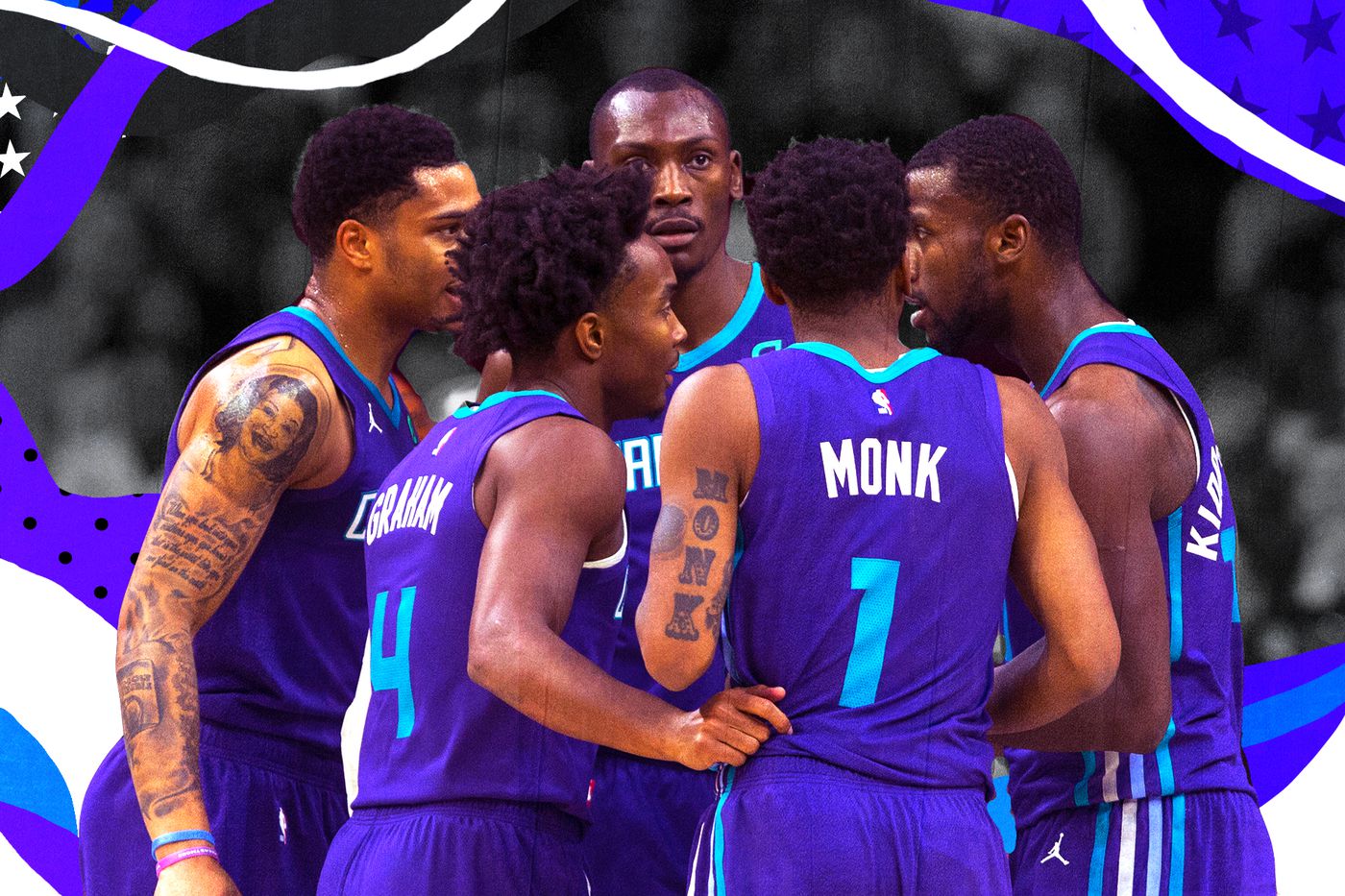It’s a depressing cognitive dissonance — let’s not pay our most talented players what they’re worth despite having a higher payroll than the Boston Celtics, Los Angeles Lakers, Milwaukee Bucks, and Utah Jazz — that’s contributed to an endless run of sub-mediocre basketball. When they do feel like spending money, be it trading for a beefy contract or signing one in free agency, the results have not been great.
Big picture: The Hornets have no interest in suffering for the sake of long-term gain, only suffering for the sake of fabricating a pretend world. The result is what’s led us to the present, where one of the darkest outlooks in recent NBA history has made an appearance. Charlotte is bad in the worst type of way, with no obvious guiding light to get them through this upcoming season. Their goals are muddy. Should they try to win, lose on purpose, swap young talent out for experienced veterans, or slash payroll and barrel roll to the bottom?
What they should do will never happen for a variety of reasons — both fair and idiotic — but it’s the only alternative that makes them, at the very least, interesting. With a callback to the 2015-17 Brooklyn Nets and Process-obsessed Philadelphia 76ers, the Hornets should adopt analytically inclined principles that were designed to help navigate tough times, then raise the volume to 100.
Lose-lose situations are filled with desperation, so, as a basketball team and an entertainment product, the Hornets might as well moonlight as a spectacle, the club willing to shatter boundaries and stretch limits. Instead of treating this season like a normal team would — winning 28 games, getting the eighth pick, and then sleep-walking through the next half-decade — it’s an opportunity for Charlotte to drop everything and become a science experiment. Take two or three trademark qualities — be it three-point attempts, field goals attempted in the first five seconds of the shot clock, passes completed per possession, a defensive scheme that requires at least four players to always have at least one foot in the paint/one with an all-out obsession to contest every three — and take them where no team ever has. The NBA is more riveting when one team is willing to break things. Charlotte’s inexhaustible futility makes it the quintessential candidate.
This defies an important rule followed by every smart NBA coach: Mold a system around the players instead of forcing the players to execute a system. Know personnel. Be aware of strengths and weaknesses. But the Hornets can afford to throw that out the window and cram everyone under one umbrella. Unlike Cleveland, Washington, Orlando, Dallas, Phoenix, Atlanta, Chicago, Sacramento, Oklahoma City, Memphis, New York, Minnesota, and every other team that’s likely headed for the lottery, there’s a good chance Charlotte doesn’t have any players who will still be around when it wins another playoff series. It’s an odd situation, one that reduces the need to develop prospects in an environment that encourages positive habits. That’s what happens when you build your team with the mentality of someone who thinks they can hold a puff of smoke in their bare hands.
By letting Kemba Walker and Jeremy Lamb walk, then replacing them with Terry Rozier (who just shot below 40 percent from the field for the fourth straight season), Charlotte landed an epic one-two punch square in its own face: This might be the least talented team in the league and owner of the worst assets. Every other franchise else can sell their fanbase on a rebuild, be it around a blue-chip prospect, upcoming free agency cycle, or the lottery. The Hornets can’t lean on any of those options and it’s unclear how they’ll turn any one of them in their favor.
Rank every asset in the league. How many of Charlotte’s crack the top 100? Including its own pick in the 2020 draft. Malik Monk is 75 percent of a useful NBA player; in his own words, Miles Bridges “played like ass” as a rookie and is currently nothing more than an assumption; and PJ Washington feels like a low-ceiling draft pick that should be avoided by teams that can’t even tread water. Everyone else is either faulty or overpaid. (The Hornets also just lowballed a beloved franchise player who was emotionally invested in making it work. This is a textbook way to turn yourself into a farfetched free-agent destination for years to come.)
Where do they go from here? A wonky, bold approach to the regular season wouldn’t reward them with a playoff spot or even guarantee a modest increase to their winning percentage, but transparent experimentation would still be commendable. Play Michael Kidd-Gilchrist exclusively as a backup center, tell Rozier and Nicolas Batum their season will be considered a disappointment if they don’t finish in the top 10 in pull-up threes, and fine Dwayne Bacon every time he shoots a jumper inside the arc. These ideas only scratch the surface of what Charlotte should be willing to try, and some may place them beneath an unwanted spotlight. So what, though? They’re already a laughingstock, and, for the most part, have always been one.
Heading into 2020 and beyond, there’s little reason to believe in a turnaround. Hopeless means there’s no light at the end of the tunnel, but it also means they have nothing to lose. Charlotte needs to act like it.



